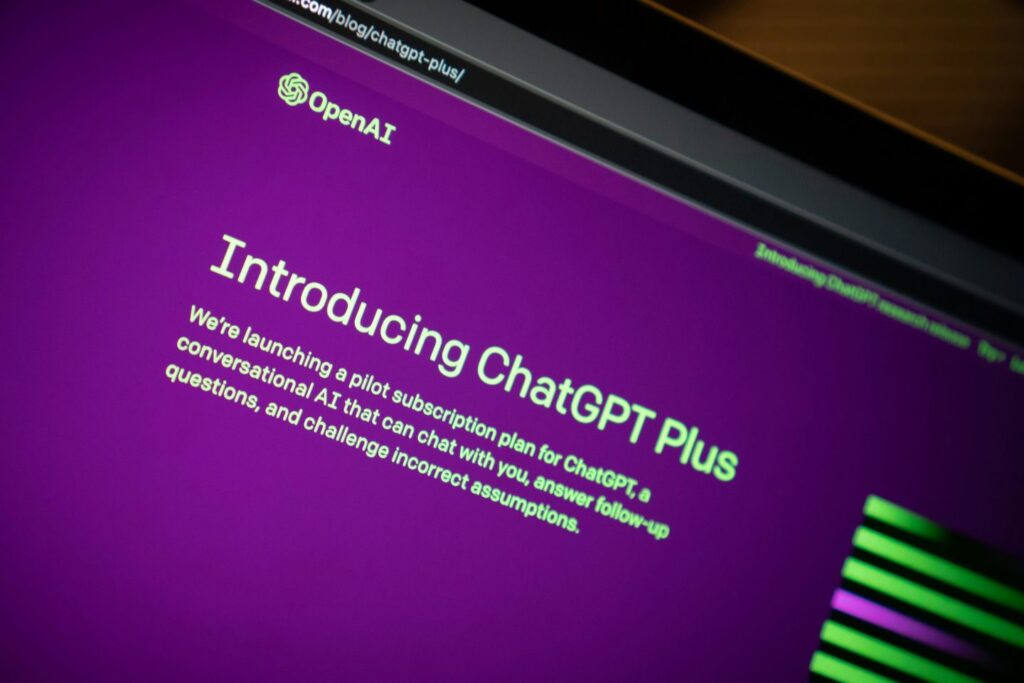OpenAI has argued in an Indian court that deleting the training data behind its ChatGPT service violates its legal obligations in the United States.
The statement was issued in response to a lawsuit filed by Indian news agency ANI alleging that the AI business used its content without permission.
The Microsoft-backed AI giant said Indian courts do not have jurisdiction over the case because OpenAI has no office or operations in the country. In a January 10 filing with the Delhi High Court, OpenAI highlighted that it is already defending a similar case in the US and is required to preserve training data during the ongoing litigation. .
The case, filed by ANI in November, is one of the most high-profile cases in India over the use of AI. ANI claims that OpenAI used public content for ChatGPT training without permission and is demanding that the data be removed from its systems.
The global battle over copyright and AI
OpenAI is not immune to such disputes, facing a wave of lawsuits from copyright holders around the world. In the United States, the New York Times filed a similar lawsuit against the company for misusing its content. OpenAI has consistently denied such allegations, insisting that its systems rely on the fair use of publicly available data.
At a November hearing in Delhi, OpenAI told the court it would no longer use ANI’s content. However, ANI claimed that the previously published material remains stored in ChatGPT’s repository and must be removed.
In its rebuttal, OpenAI emphasized that it is legally required under U.S. law to retain training data while related litigation is pending. “We have a legal obligation under U.S. law to preserve and preserve this training data,” OpenAI said in its filing.
jurisdiction dispute
OpenAI also argued that the relief sought by ANI is beyond the jurisdiction of Indian courts. The report said the company “has no offices or permanent facilities in India” and the servers storing ChatGPT’s training data are located outside the country.
Reuters-owned ANI refuted the allegations, saying a Delhi court had jurisdiction to hear the case and would file a detailed reply.
A Reuters spokeswoman declined to comment on the process, but said the agency was not involved in ANI’s business operations.
Concerns about competition
ANI also expressed concerns about unfair competition, citing OpenAI’s partnerships with major news organizations such as Time magazine, the Financial Times, and France’s Le Monde. ANI says these agreements give OpenAI an advantage.
The agency further alleged that ChatGPT reproduces verbatim or similar excerpts of the works in response to user prompts. OpenAI, on the other hand, claimed that ANI intentionally used its article as a means to encourage “manipulating ChatGPT” in order to file a lawsuit.
The case is scheduled to be heard in the Delhi High Court on January 28. Meanwhile, OpenAI is transitioning from a nonprofit to a for-profit company, raising $6.6 billion last year.
In recent months, OpenAI has signed high-profile deals with news organizations around the world, highlighting its efforts to strengthen commercial partnerships while managing regulatory concerns around the world.
(Photo courtesy of Unsplash)
See also: DeepSeek-R1 inference model matches OpenAI in performance
Want to learn more about AI and big data from industry leaders? Check out the AI & Big Data Expos in Amsterdam, California, and London. This comprehensive event will be co-located with major events such as Intelligent Automation Conference, BlockX, Digital Transformation Week, and Cyber Security & Cloud Expo.
Learn about other upcoming enterprise technology events and webinars from TechForge here.



